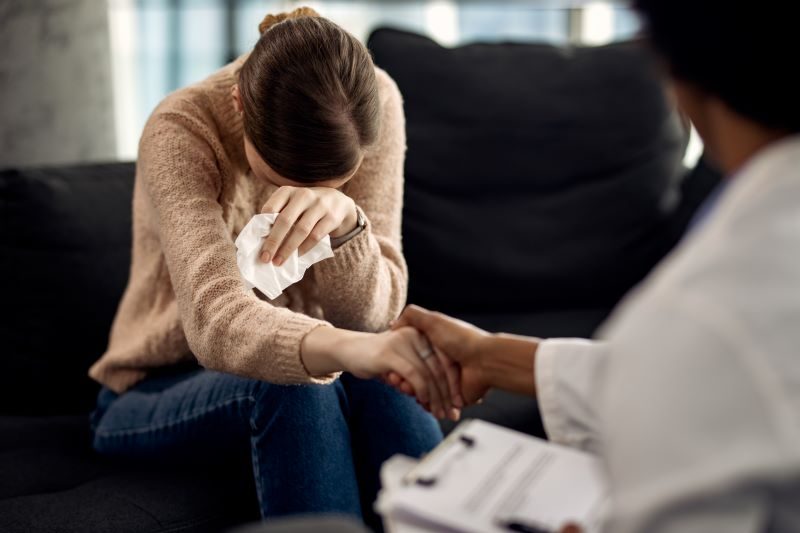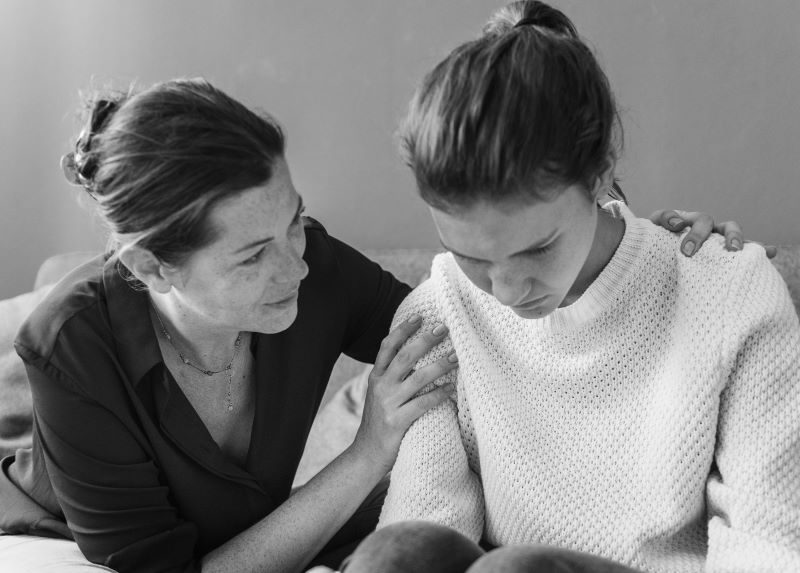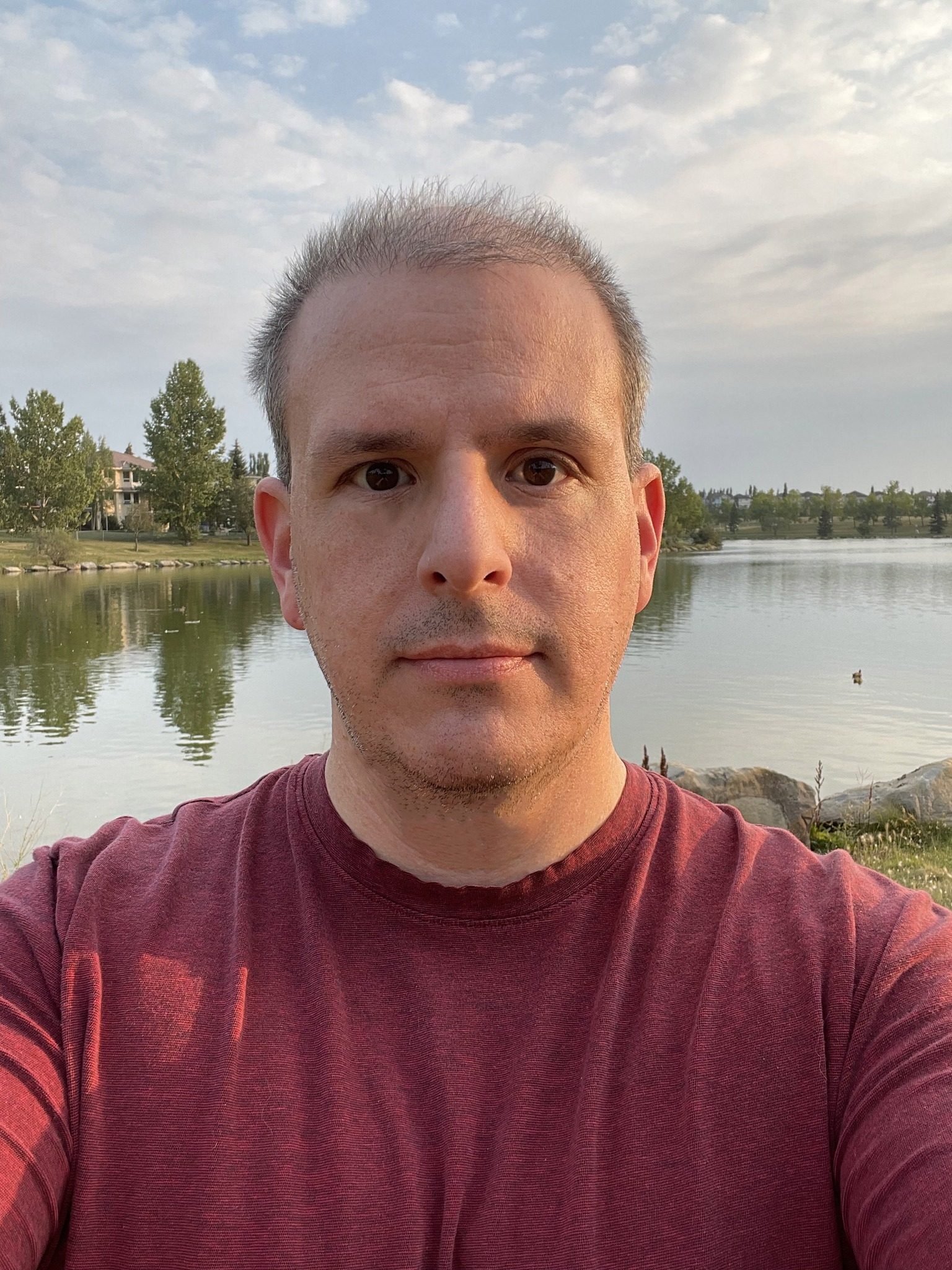Every year, as August draws to a close, we are reminded of two days that carry deep meaning: National Grief Awareness Day on August 30 and International Overdose Awareness Day on August 31.
These days are not just dates on a calendar. They are opportunities to reflect on our shared humanity, mental health, and to acknowledge the silent battles so many face. It is a time to honour both those we have lost and those who continue to struggle.
Grief: A Universal Yet Individual Journey

Grief is something that touches every life, yet it is also profoundly unique. Losing someone we love changes us, and the process of healing is neither linear nor predictable. Denial, anger, bargaining, depression, and acceptance are the five common stages, but everyone experiences them differently.
National Grief Awareness Day encourages us to recognize that there is no “right” way to grieve. Some find solace in quiet reflection, while others seek support through conversation, rituals, or community. What matters most is that no one feels pressured to hide their sorrow.
By acknowledging grief openly, we not only validate our own experiences but also help others feel less alone in theirs.
Overdose: The Stigma and the Reality

Similarly, International Overdose Awareness Day asks us to look unflinchingly at another painful truth – the devastating impact of overdose. Behind every statistic is a name, a face, and a story cut short. Not all overdoses are fatal, but all of them take a heavy toll.
This day exists to strip away the stigma often attached to addiction. Too often, families who lose a loved one to overdose find their grief compounded by shame or judgment. International Overdose Awareness Day reminds us that compassion must replace stigma if we are ever to make progress.
It is also a call to action: to improve prevention, support recovery, and strengthen the networks that can make the difference between despair and hope. Since 2016, Canada has suffered over 52,500 deaths, 48,100 hospitalizations, 198,800 emergency department visits, and 244,900 EMS responses – all in relation to opioid-related overdoses.
Where Grief and Addiction Intersect
Taken together, these two awareness days reveal how grief and addiction are often intertwined. Families coping with a loss related to substance use may find themselves carrying not only profound sorrow but also silence imposed by societal misunderstanding.
By linking grief awareness with overdose awareness, we create space for more honest conversations – ones that affirm the dignity of those lost and validate the struggles of those left behind. The value of a life is a culmination, not a judgment of a tragic ending.
The Role of Compassionate Community Support

Awareness is a first step, but it must be paired with action. Communities need more people who are willing to listen without judgment, to guide others toward resources, and to walk alongside them through recovery and healing.
This is where education and training become powerful tools for change. A community support worker course online is more than just a pathway to a career – it’s a way to gain the knowledge and skills to impact lives.
ABM College offers an addictions and community service worker program online that prepares students to work on the front lines of change. By completing a community support worker online course, graduates step into roles where empathy, advocacy, and resilience are not just valuable traits, but essential ones.
These programs focus on equipping students to support individuals dealing with addiction, mental health challenges, and life transitions. In doing so, they help build communities where people are seen, supported, and given a chance to heal.
A Personal Note of Loss
For me, Grief Awareness Day carries a personal weight this year. I lost a very dear friend recently. She lived her life as a beacon of warmth and kindness to friends and strangers alike. Her absence is still felt every day. Grief is a scar that never truly fades… It remains a part of us.
Dr Lois Tonkin uses an excellent analogy to explain that the grief itself doesn’t shrink; rather, we ourselves grow around it. It is a process that takes time and understanding. There is no fixed timeline to healing, and some days are much harder to bear than others. Compassion, understanding, and community support for those who are grieving or struggling aren’t an instant cure, but they are a vital part of the healing process.
Moving Forward Together

As we recognize National Grief Awareness Day and International Overdose Awareness Day, let us remember that grief and loss are part of the human experience – but so too are love, hope, and renewal. We can best honour those who are no longer with us by choosing to create a world where others have the chance to recover, to be understood, and to feel supported. We strengthen our communities when we respond to pain with compassion rather than judgment.
For those called to make a difference, education can be a bridge – turning awareness into meaningful action. Whether through volunteering, advocacy, or pursuing training like an online community support worker course, each step helps create a future where no one has to grieve in silence and fewer lives are lost to overdose.As August is ending, may we carry forward the lessons of these days: to speak openly about grief, to confront stigma, and to build communities where every life matters. If you or someone you love is struggling, there are resources available to help. Reaching out is the first step towards healing: Mental Health Support in Canada.
Contact us to learn more.
Read more trending blogs.
About The Author

Content Editor & Writer, ABM College
As Content Editor at ABM College in Calgary, Alberta, Stephen plays a key role in advancing the college’s mission to provide relevant, high-quality training for today’s job market. He ensures all blog articles and web materials are accurate, clear, and genuinely useful for students, career changers, and industry professionals.
Stephen is also the author of a best-selling historical reference series documenting decades of computer and video gaming history — a body of work recognized by the Canadian Choice Awards.
Connect with Stephen on LinkedIn, explore his published works at Falcon Designs, or see his editorial expertise in action on the ABM College Blog.
